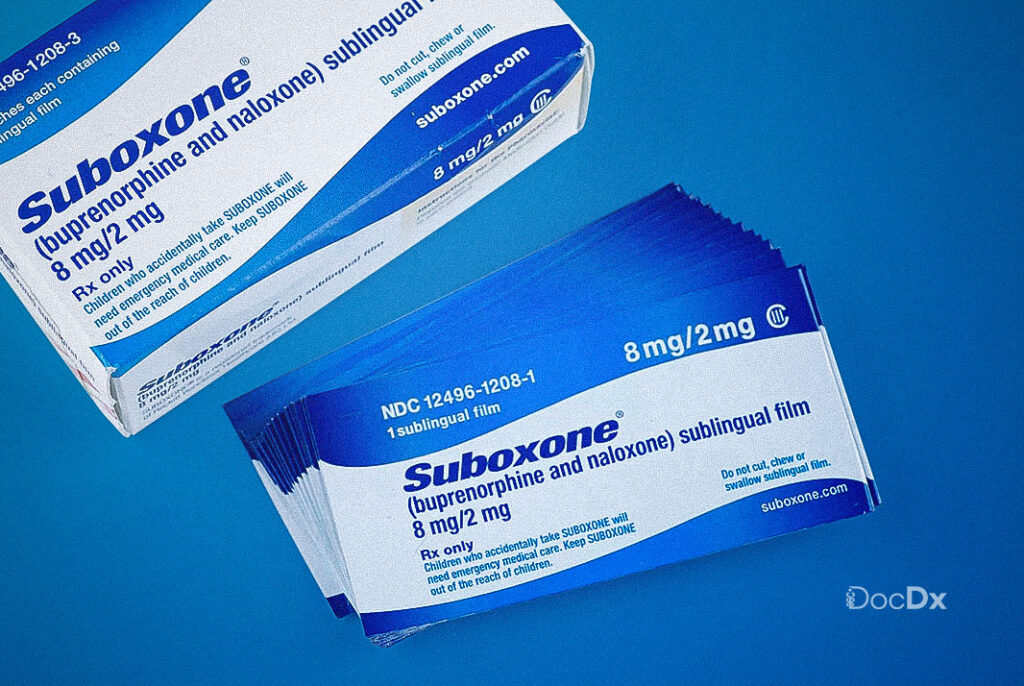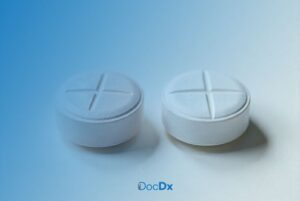Opioid addiction is a major crisis that affects millions of people across the globe. The journey to recovery is challenging, but with the right tools and support, it’s possible to regain control. One of the most effective treatments available for opioid dependence is Suboxone. If you or a loved one is battling opioid addiction, understanding Suboxone can be the key to a successful recovery journey.
In this article, we’ll explore what Suboxone is, how it works, and why it’s one of the most popular medications for treating opioid dependence. Whether you’re just beginning to explore treatment options or you’re curious about how Suboxone can help you, this guide will cover everything you need to know.
What is Suboxone?
Suboxone is a prescription medication used to treat opioid dependence. It contains two main ingredients: Buprenorphine and Naloxone. Together, these two drugs work to ease withdrawal symptoms, reduce cravings, and prevent misuse, making it easier for individuals to manage their addiction.
- Buprenorphine: This is a partial opioid agonist, which means it activates opioid receptors in the brain, but to a much lesser extent than opioids like heroin or prescription painkillers. This helps to reduce cravings and withdrawal symptoms without producing the same high.
- Naloxone: This component is an opioid antagonist, meaning it blocks the effects of opioids. Naloxone is included to prevent misuse of Suboxone. If someone attempts to inject Suboxone, Naloxone will kick in and block the euphoric effects.
Suboxone is typically prescribed in the form of a sublingual film or tablet, which dissolves under the tongue.
The Science Behind Suboxone
Suboxone works by tricking the brain into thinking it’s receiving opioids. The Buprenorphine component binds to the same receptors that opioids like heroin and morphine attach to, but it does so in a much safer way. This helps to alleviate the intense cravings and withdrawal symptoms that come with opioid dependence, allowing the patient to focus on recovery.
Naloxone’s role is crucial because it prevents misuse of the medication. If someone attempts to abuse Suboxone by injecting it, Naloxone will block the opioid receptors and cause immediate withdrawal symptoms, discouraging misuse.
Benefits of Suboxone Treatment
One of the primary reasons why Suboxone is so effective in treating opioid dependence is its ability to reduce cravings and manage withdrawal symptoms. Unlike quitting opioids “cold turkey,” Suboxone helps to ease patients through the recovery process by minimizing discomfort.
- Lower risk of overdose: Since Suboxone is a partial agonist, it’s much harder to overdose on it compared to full opioids.
- Long-term benefits: Suboxone can be part of a long-term treatment plan, allowing individuals to stabilize their lives and focus on their overall well-being.
Suboxone vs. Other Medications for Opioid Dependence
There are other medications available for opioid dependence, such as Methadone. However, Suboxone is often preferred because it can be prescribed by a doctor and taken at home, rather than requiring daily visits to a clinic like Methadone. Additionally, Suboxone has a lower risk of misuse compared to Methadone, making it a safer option for many patients.
How Suboxone is Administered
Suboxone comes in different forms, including tablets and sublingual films. It’s important to follow your doctor’s instructions on how to take Suboxone correctly. Typically, it’s taken once daily, with the dosage adjusted based on your specific needs and treatment progress.
Who is Suboxone for?
Suboxone is not for everyone, but it is an excellent option for individuals struggling with moderate to severe opioid dependence. A qualified healthcare provider will determine if Suboxone is right for you based on factors like your opioid use history, overall health, and any co-occurring conditions such as depression.
Side Effects of Suboxone
While Suboxone is generally safe, it can cause side effects, including:
- Nausea
- Headache
- Sweating
- Constipation
Serious side effects are rare but can include difficulty breathing or an allergic reaction. If you experience any severe side effects, contact your healthcare provider immediately.
Suboxone and Mental Health
Opioid addiction often goes hand-in-hand with mental health issues such as anxiety and depression. Suboxone can be used alongside other treatments, including depression treatment, to help manage both physical dependence and mental health symptoms. Comprehensive care, including mental health support, is crucial for long-term recovery.
The Role of Primary Care in Suboxone Treatment
Having a reliable primary care provider during Suboxone treatment is essential. Your primary care provider can monitor your progress, adjust your dosage as needed, and address any other health concerns that arise during recovery. It’s important to view opioid recovery as a holistic process that includes both mental and physical well-being.
The Road to Recovery with Suboxone
Recovering from opioid dependence is a journey, and Suboxone is just one tool that can help you along the way. To increase your chances of success, you’ll need to make lifestyle changes, build a strong support system, and stay committed to your treatment plan. Suboxone can help manage cravings and withdrawal symptoms, but lasting recovery requires dedication and support from both healthcare professionals and loved ones.
How to Find Suboxone Treatment
Finding a provider that offers Suboxone treatment is the first step toward recovery. Make sure to choose a licensed provider who specializes in addiction medicine and can offer comprehensive care throughout your treatment journey.
Challenges and Myths Surrounding Suboxone
There are many myths and misconceptions about Suboxone dependence. One common myth is that Suboxone simply replaces one addiction with another. This is not true. Suboxone contains buprenorphine, a partial opioid agonist, which helps manage opioid cravings and withdrawal symptoms without producing the intense high associated with opioids. By doing so, it allows individuals to regain control over their lives and engage in long-term recovery while reducing the risk of misuse or overdose.
Conclusion
Suboxone is a proven and effective treatment for opioid dependence. It helps manage withdrawal symptoms, reduces cravings, and can be part of a comprehensive recovery plan. For anyone struggling with opioid addiction, Suboxone offers a pathway to a healthier, addiction-free life.




